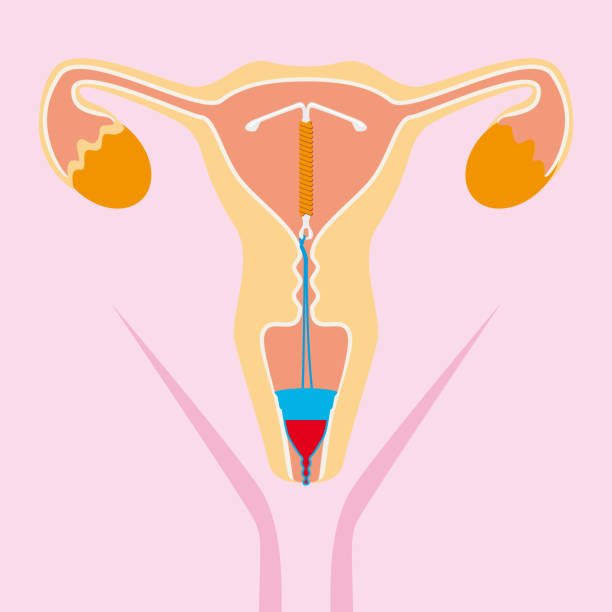Stretch marks, scientifically known as striae distensae, are a common skin condition characterized by streaks or lines on the skin’s surface. While they can appear anywhere on the body, inner thigh stretch marks are particularly common due to factors like rapid growth, weight gain, hormonal changes, or genetics. Dealing with internal thigh stretch marks involves a combination of prevention techniques, treatments, natural remedies, and embracing body positivity.
Rapid Growth or Weight Gain
The skin stretches when the body undergoes rapid growth or experiences sudden weight gain. This stretching can lead to the formation of stretch marks, including on the inner thighs.
Hormonal Changes
Fluctuations in hormones, such as during puberty, pregnancy, or hormonal therapy, can weaken the skin’s elasticity, making it more prone to stretch marks.
Genetics
Genetic predisposition can play a significant role in determining whether an individual is prone to developing stretch marks. If a family member has experienced them, there’s a higher likelihood of developing them, too.
Maintaining a Healthy Weight
Maintaining a stable and healthy weight can reduce the likelihood of developing inner thigh stretch marks. Gradual weight loss or gain is preferable to rapid fluctuations.
Hydration and Nutrition
Staying hydrated and consuming a balanced diet rich in vitamins and minerals can support skin health and elasticity, reducing the risk of stretch marks.
Proper Skincare
Regularly moisturizing the skin, especially the inner thighs, can help improve elasticity and prevent stretch marks from forming. Using creams or oils containing ingredients like shea butter, cocoa butter, or hyaluronic acid can be beneficial.
Topical Creams and Lotions
Topical creams and lotions containing ingredients like retinoids, hyaluronic acid, or collagen can help fade existing stretch marks and improve skin texture.
Laser Therapy
Laser therapy, such as fractional laser treatment, stimulates collagen production in the skin, reducing the appearance of stretch marks and promoting smoother skin.
Microdermabrasion
Microdermabrasion involves exfoliating the outer layer of the skin, helping to diminish the appearance of stretch marks over time.
Aloe Vera Gel
Aloe vera gel is known for its soothing and healing properties. Applying pure aloe vera gel to stretch marks can help moisturize the skin and reduce inflammation.
Coconut Oil
Coconut oil is rich in antioxidants and has moisturizing properties. Massaging coconut oil onto the inner thighs can help improve skin elasticity and fade stretch marks.
Vitamin E
Applying vitamin E oil or capsules directly to stretch marks can nourish the skin and promote healing.
Lifestyle Changes to Reduce the Appearance of Inner Thigh Stretch Marks
Regular Exercise
Regular exercise can improve blood circulation and promote skin elasticity, potentially reducing the appearance of stretch marks.
Stress Management
High levels of stress can affect skin health. Practicing stress-reducing techniques such as meditation, yoga, or deep breathing exercises may help improve skin appearance.
Avoiding Tight Clothing
Wearing tight clothing can restrict blood flow and exacerbate the appearance of stretch marks. Opting for loose-fitting clothing can help alleviate pressure on the skin.
Embracing Inner Thigh Stretch Marks: Body Positivity and Self-Acceptance
Stretch marks are a natural part of the body’s growth and changes. Embracing inner thigh stretch marks as a normal aspect of one’s body can promote self-acceptance and body positivity.
Conclusion
Inner thigh stretch marks are a common skin concern that can affect individuals of all ages and genders. Understanding the causes, implementing prevention techniques, exploring treatments and natural remedies, making lifestyle changes, and embracing body positivity are essential steps in managing and reducing the appearance of inner thigh stretch marks.





